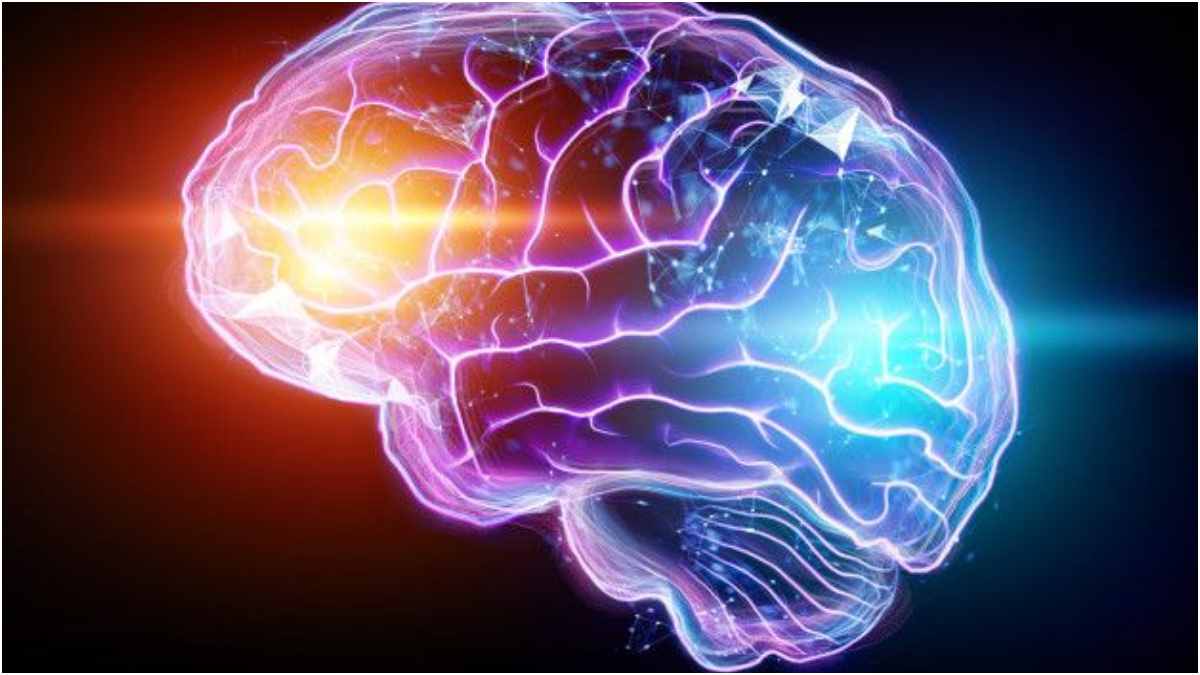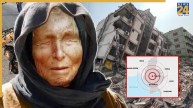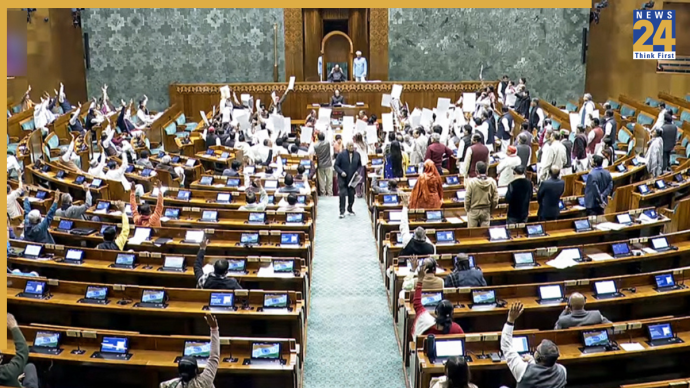In a troubling trend, dementia is increasingly affecting people under 50, marking a significant shift from its previous onset primarily in those over 80. This shift has prompted rising concerns among doctors and families as more individuals seek treatment at Mahatma Gandhi Hospital (MGH) for memory loss. Each year, the number of cases continues to climb, posing challenges for medical professionals.
Dr. Veerbhan Chanchalani, Head of Psychiatry at MGH, describes a concerning pattern among patients. Many arrive at the hospital displaying symptoms such as forgetting recent meals and repeating daily tasks, unaware that they have already completed them. These behaviors, according to doctors, underscore the severity and complexity of dementia’s impact on daily life.
Also Read:Amul Buttermilk Infested With Worms, Customer’s Viral Post Sparks Outrage
Chanchalani highlights several factors contributing to this alarming trend, including the widespread use of pesticides in produce, exposure to LED bulbs, excessive screen time from TVs and mobile devices, and various addictive behaviors. Deficiencies in essential vitamins like B1, B6, B12, and E, along with conditions such as brain tumors, alcoholism, substance abuse, and uncontrolled diabetes, further exacerbate the risk.
Research conducted at MGH and local private hospitals has intensively studied dementia’s age-related patterns. More than five hundred studies have examined the disease’s progression in Bhilwara, revealing a notable shift towards affecting individuals in their fifties. As the incidence of early-onset dementia rises, healthcare providers emphasize the urgent need for heightened awareness and proactive care among the public.












